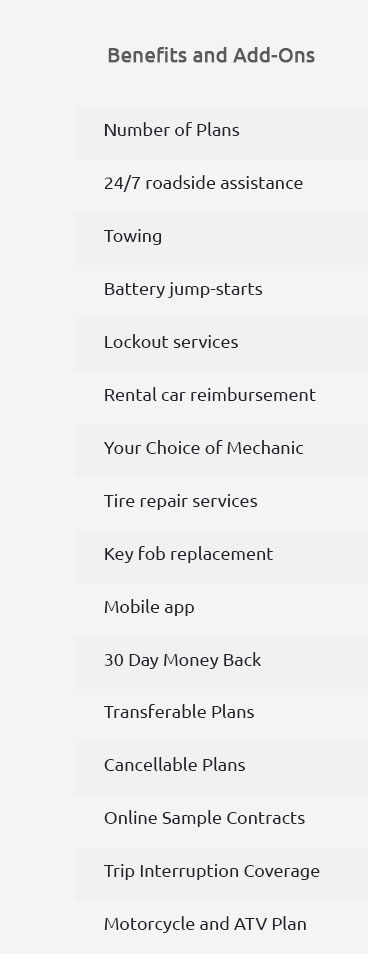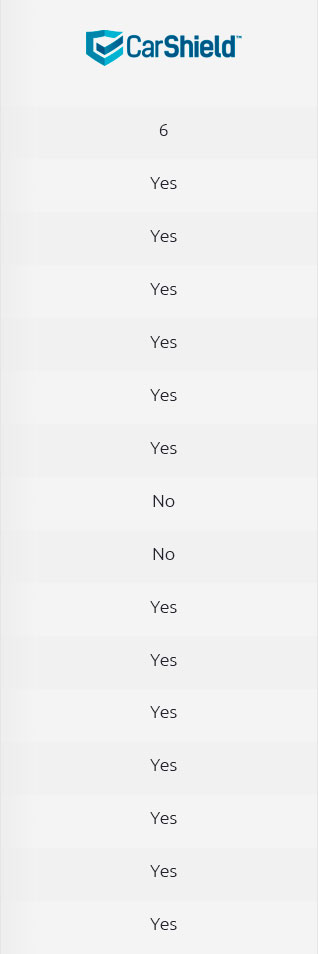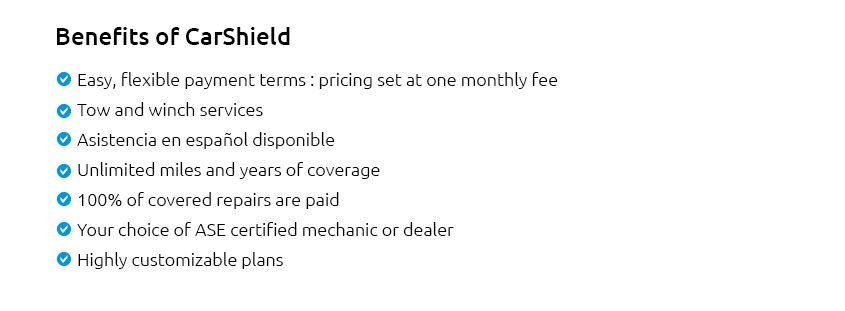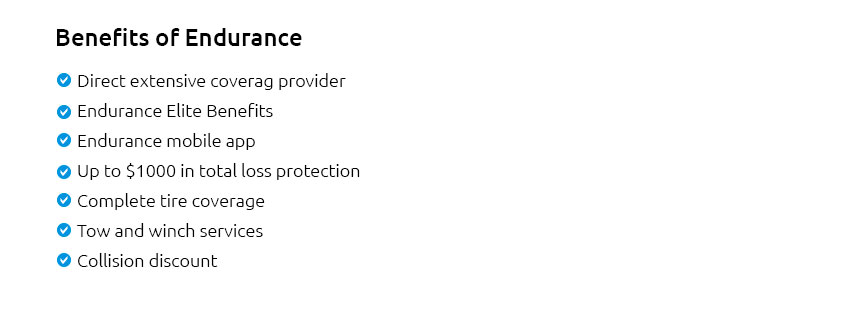 |
 |
 |
 |
 |
|||
 |
|||
 |
 |
 |
|
 |
|||
 |
|
 |
|
 |
|
 |
|
 |
|
 |
|
 |
|
 |
|

Auto Car Warranty Insurance: Comprehensive Coverage GuideFor many U.S. consumers, owning a car is a necessity, but the costs associated with repairs can be daunting. Auto car warranty insurance offers a safety net, providing peace of mind and potential cost savings when unexpected vehicle issues arise. Understanding how these warranties work can help drivers make informed decisions. Understanding Auto Car Warranty InsuranceAuto car warranty insurance typically supplements the manufacturer's warranty, covering repairs and maintenance beyond the initial period. This is especially crucial for those in cities like Los Angeles, where daily commuting is common and vehicle wear and tear is frequent. Types of Coverage
Key BenefitsChoosing the right warranty can save significant money on repairs. It also provides peace of mind knowing that major repairs will be covered. In places like New York, where road conditions can lead to more frequent repairs, having this coverage is a wise investment. For those interested in additional protection, easy care gap insurance can offer further financial security. What’s Typically Covered?Coverage can vary significantly, but most extended warranties will cover:
It's essential to read the fine print, as some items may not be included or may require additional premiums. Making the Most of Your WarrantyChoosing the Right PlanWhen selecting a warranty, consider factors such as the age of your vehicle, typical repair costs in your area, and how long you plan to keep the car. For example, a mazda new car warranty might offer extensive initial coverage, but an extended plan could be beneficial once that period ends. Understanding Your ContractBefore signing, ensure you fully understand the terms and conditions. Look for details on deductibles, limits of liability, and what is required to maintain the warranty in good standing. FAQWhat is the difference between a manufacturer's warranty and an extended warranty?A manufacturer's warranty is included with a new car purchase and typically covers the vehicle for a set number of years or miles. An extended warranty is purchased separately and provides coverage beyond the manufacturer's warranty, often including additional services. Are auto warranties worth the investment?For many, the investment in an auto warranty can be worth it, especially if their vehicle is prone to breakdowns or if they drive frequently. It offers a buffer against expensive repairs and can ease financial stress. Can I get an auto warranty for a used car?Yes, many providers offer warranties for used cars, although the terms and pricing might differ based on the car's age, mileage, and condition. In conclusion, auto car warranty insurance is a valuable consideration for vehicle owners, offering protection and peace of mind. Whether driving through bustling Los Angeles or navigating the busy streets of New York, a robust warranty plan ensures you're covered when the unexpected happens. https://www.progressive.com/auto/insurance-coverages/vehicle-protection-plan/
More than your typical car insurance policy or extended warranty, a vehicle protection plan steps in to cover those car repairs that seem to pop up after your ... https://www.marketwatch.com/guides/car-warranty/best-extended-car-warranty/
Best Extended Car Warranty Companies of 2025 - Endurance Best Comprehensive Coverage - autopom! Best Customer Service - Carchex Best Industry ... https://www.endurancewarranty.com/
A VSC does, however, provide repair coverage for your vehicle after the manufacturer's car warranty expires. A VSC is a contract between you and a VSC provider ... Other Available Options
|